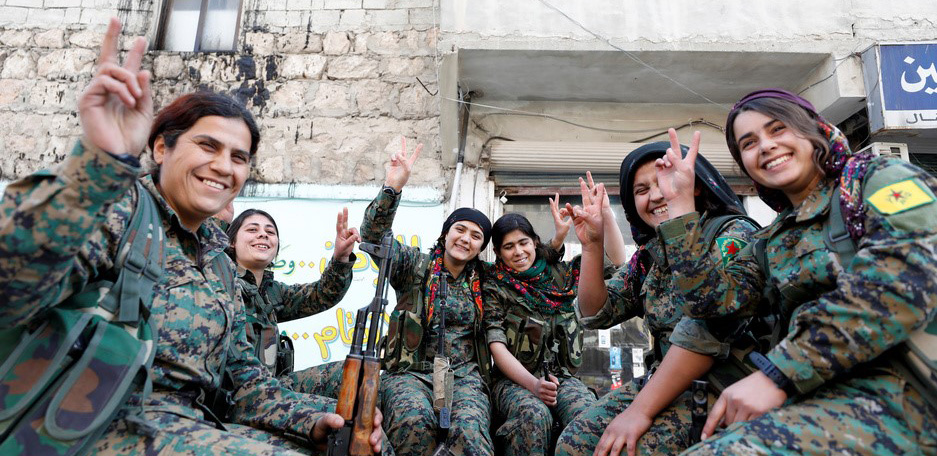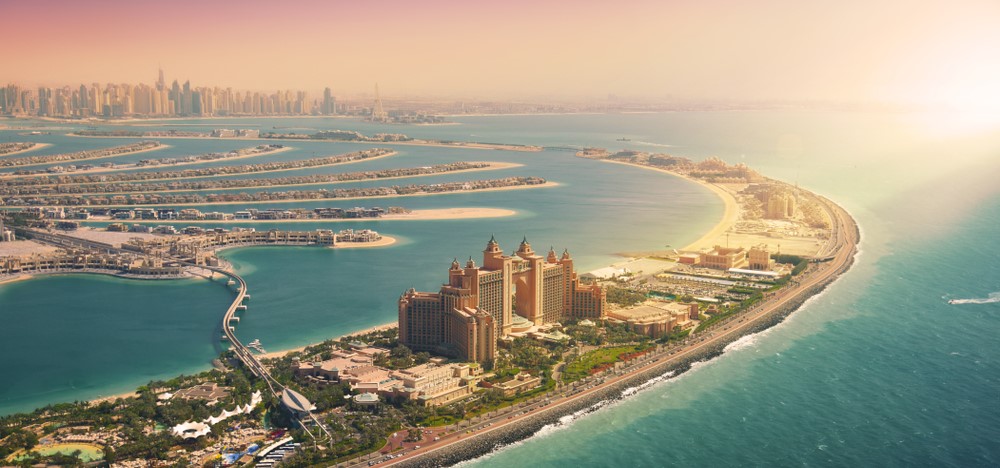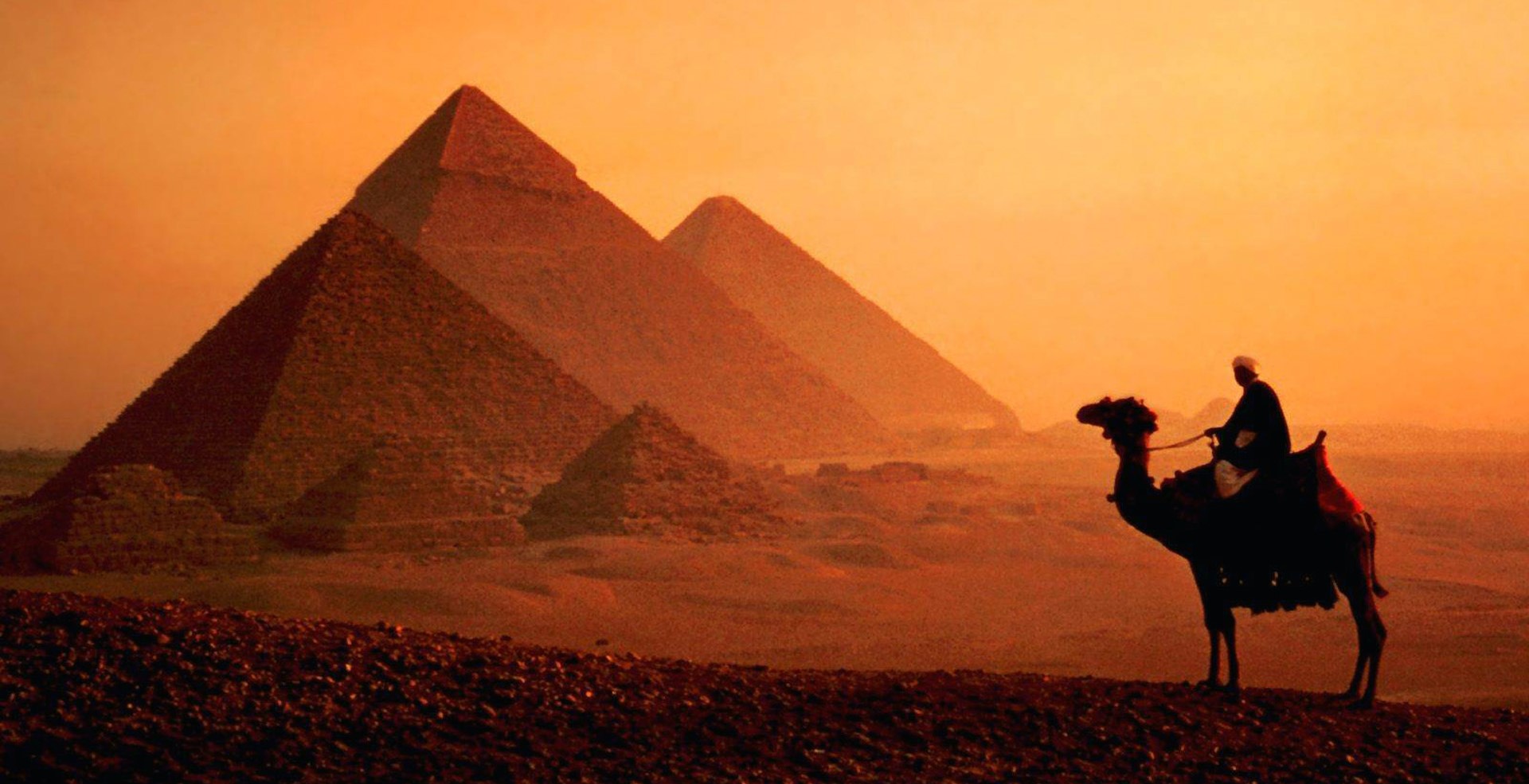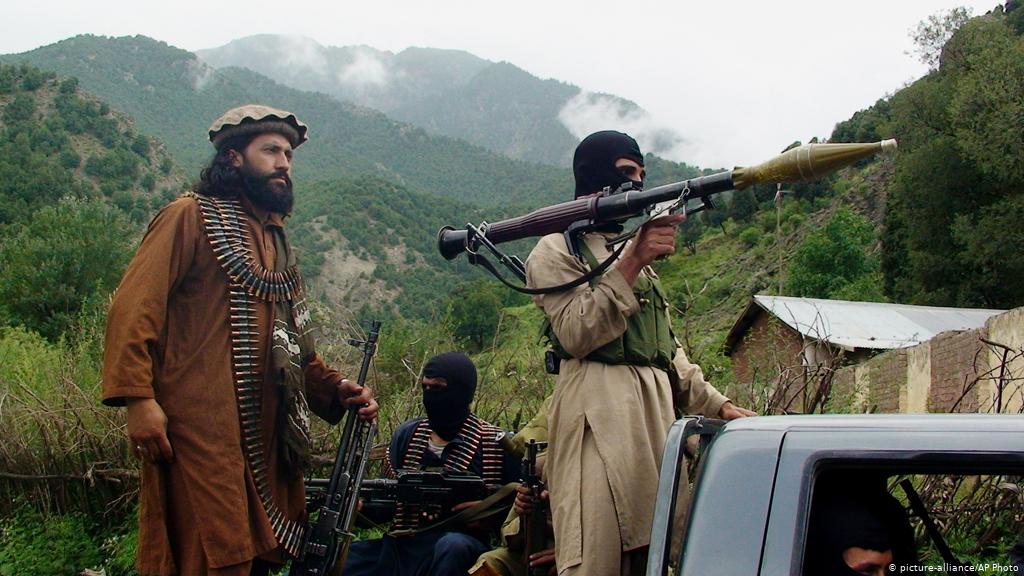The Future of the Middle East: War, Peace and New Battle Lines
Iran’s strategic maneuvers in recent years have deeply reshaped the political and military landscape of the Middle East. Taking advantage of regional chaos, particularly during and after the Syrian Civil War, Tehran has built new alliances and expanded its influence far beyond its borders. This quiet yet relentless expansion has redrawn the region’s battle lines, setting Iran and its allies on a collision course with Western-backed powers — notably the Gulf states and Israel.






